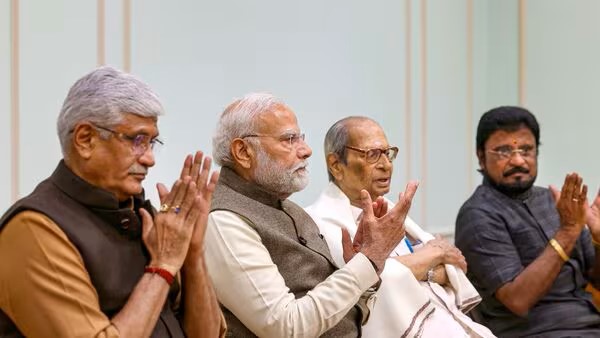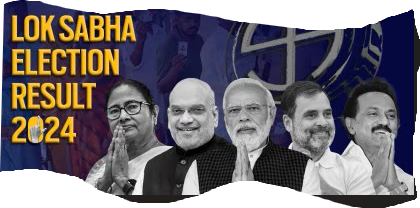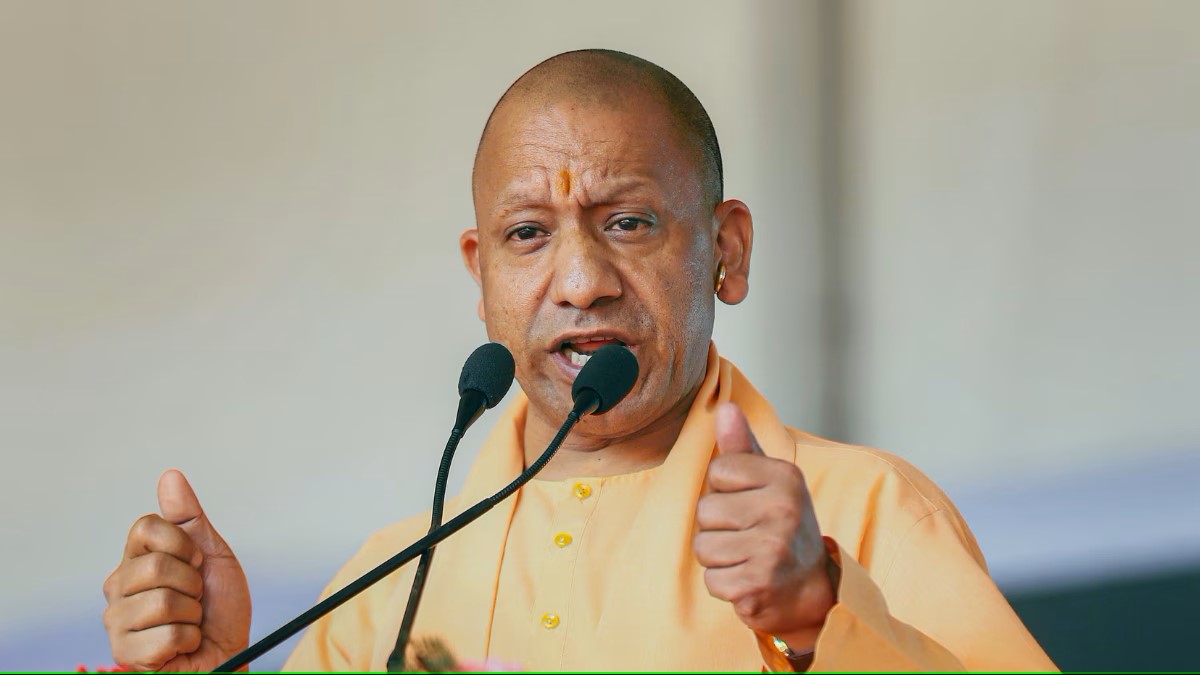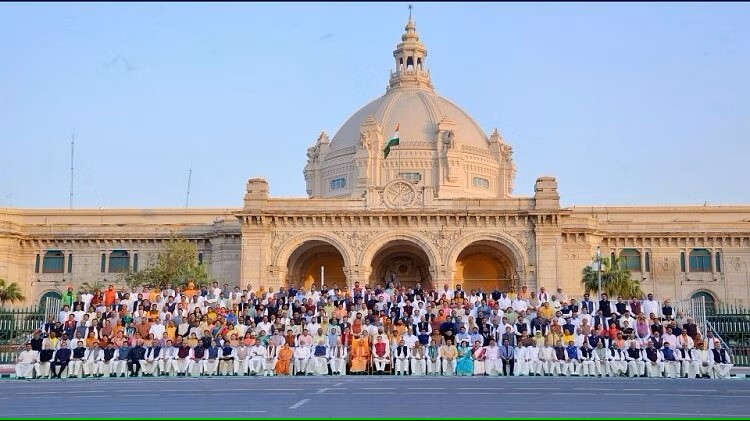The Union Cabinet has given its approval to introduce the controversial “One Nation, One Election Bill” in Parliament, which aims to synchronize the elections for the Lok Sabha and State Assemblies. However, the proposal has drawn sharp criticism from several opposition leaders, who have labeled it as a threat to federalism and democratic principles.
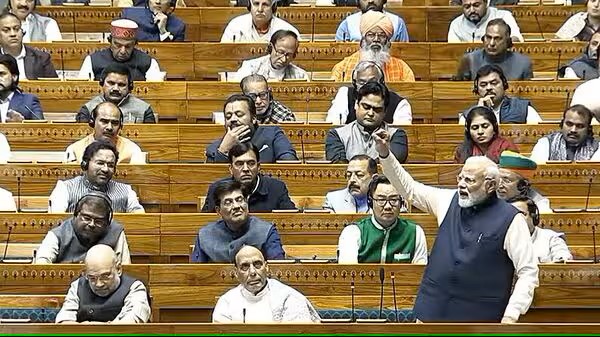 Ramesh, a senior Congress leader, confirmed that the party opposes the bill. He noted that the Indian National Congress (INC) had clearly expressed its stance last year through a four-page letter from party president Mallikarjun Kharge to the committee chaired by former President Ram Nath Kovind. The letter reiterated the Congress party’s objection to the proposal.
Ramesh, a senior Congress leader, confirmed that the party opposes the bill. He noted that the Indian National Congress (INC) had clearly expressed its stance last year through a four-page letter from party president Mallikarjun Kharge to the committee chaired by former President Ram Nath Kovind. The letter reiterated the Congress party’s objection to the proposal.
The Chief Minister of Tamil Nadu and DMK leader, M. K. Stalin, referred to the bill as “draconian.” He criticized the bill for being impractical and anti-democratic, asserting that it would diminish regional voices, undermine federalism, and disrupt effective governance. Stalin urged people to resist what he described as an attack on Indian democracy. On social media platform X, he called on citizens to rise up against the bill.
CPI(M) leader and Rajya Sabha member John Brittas also expressed his opposition, stating that the bill goes against the federal spirit of the country. Similarly, West Bengal Chief Minister Mamata Banerjee condemned the proposal, calling it an “authoritarian imposition” rather than a well-thought-out reform. She announced that her party’s MPs would actively oppose the bill in Parliament.
For the bill to pass in the Lok Sabha, the government will need the support of at least 361 MPs, given the current strength of 542 members. In addition to the ruling NDA, the government will require the backing of non-aligned parties such as the YSR Congress Party (YSRCP), Biju Janata Dal (BJD), and All India Anna Dravida Munnetra Kazhagam (AIADMK) to secure enough votes.
In the Rajya Sabha, which currently has 231 members, the government would need the support of 154 MPs. The NDA has 114 members in the Rajya Sabha, while opposition parties and independent members hold the remaining seats. The passage of the bill will depend heavily on the government’s ability to garner cross-party support in both Houses of Parliament.
The government has proposed that the bill be referred to a Joint Parliamentary Committee for further discussions. This move is seen as an attempt to engage with various political parties and address concerns before proceeding with the legislation. However, given the strong opposition, particularly from regional parties, the bill’s future in Parliament remains uncertain.

